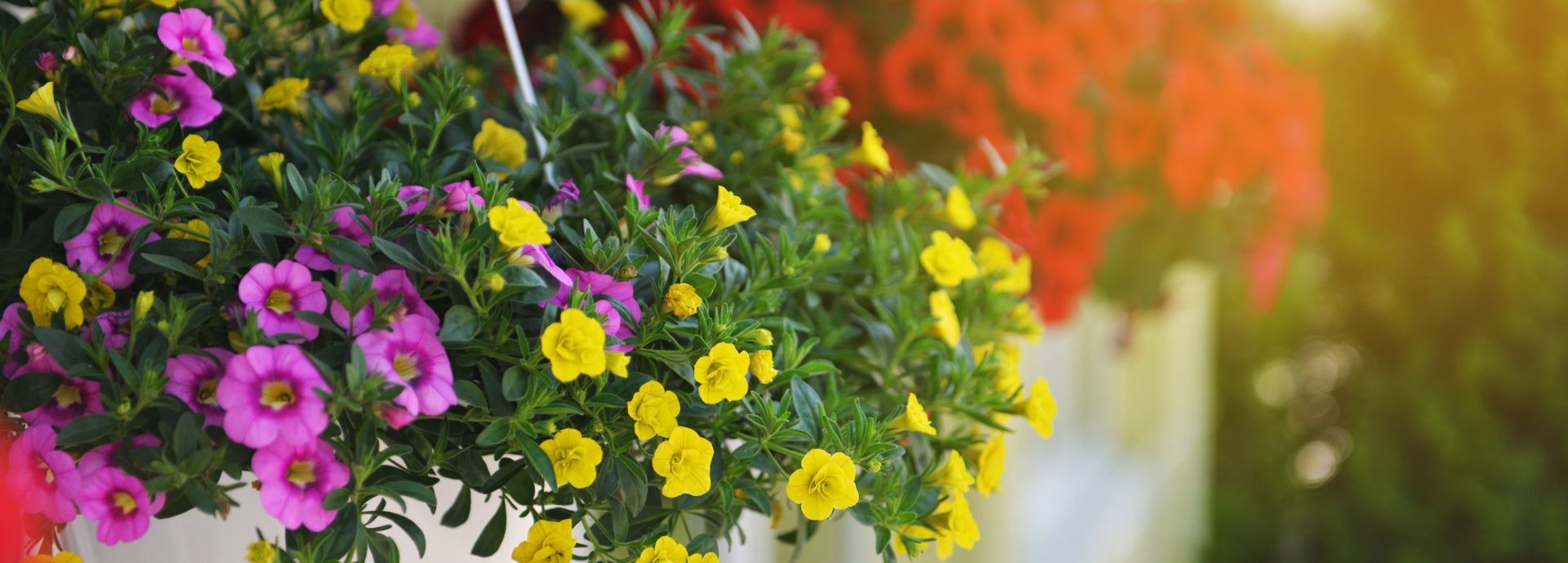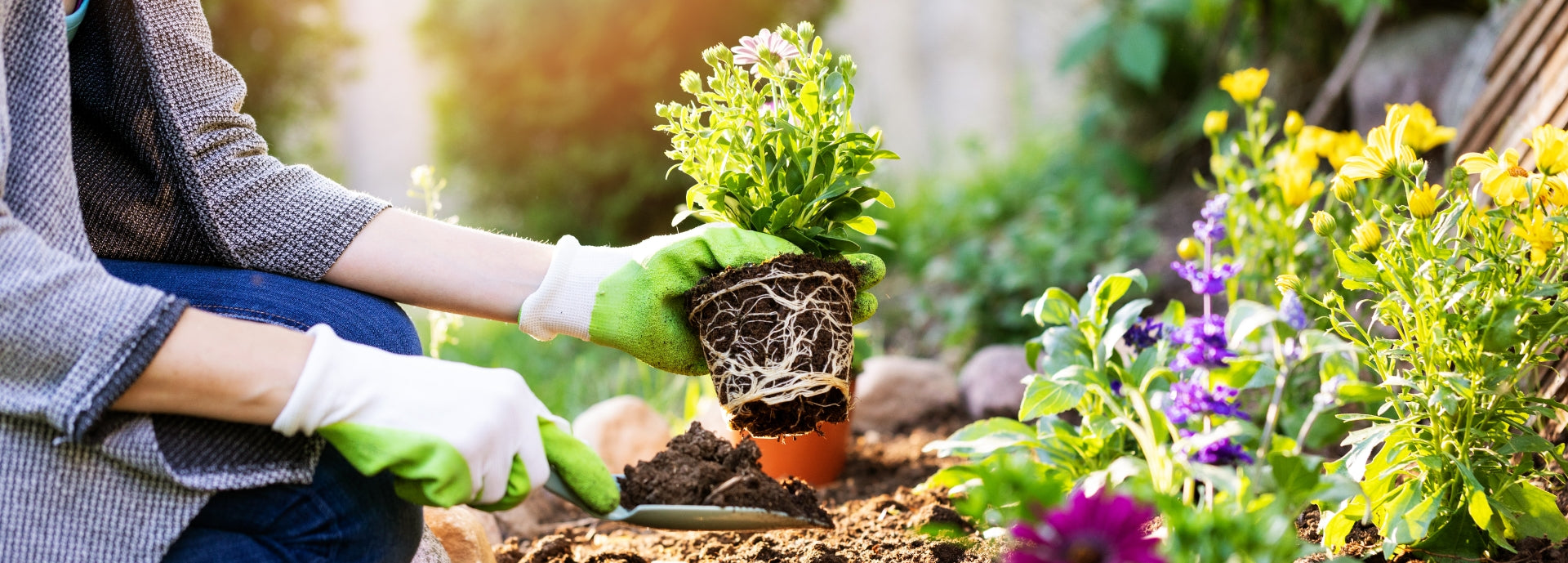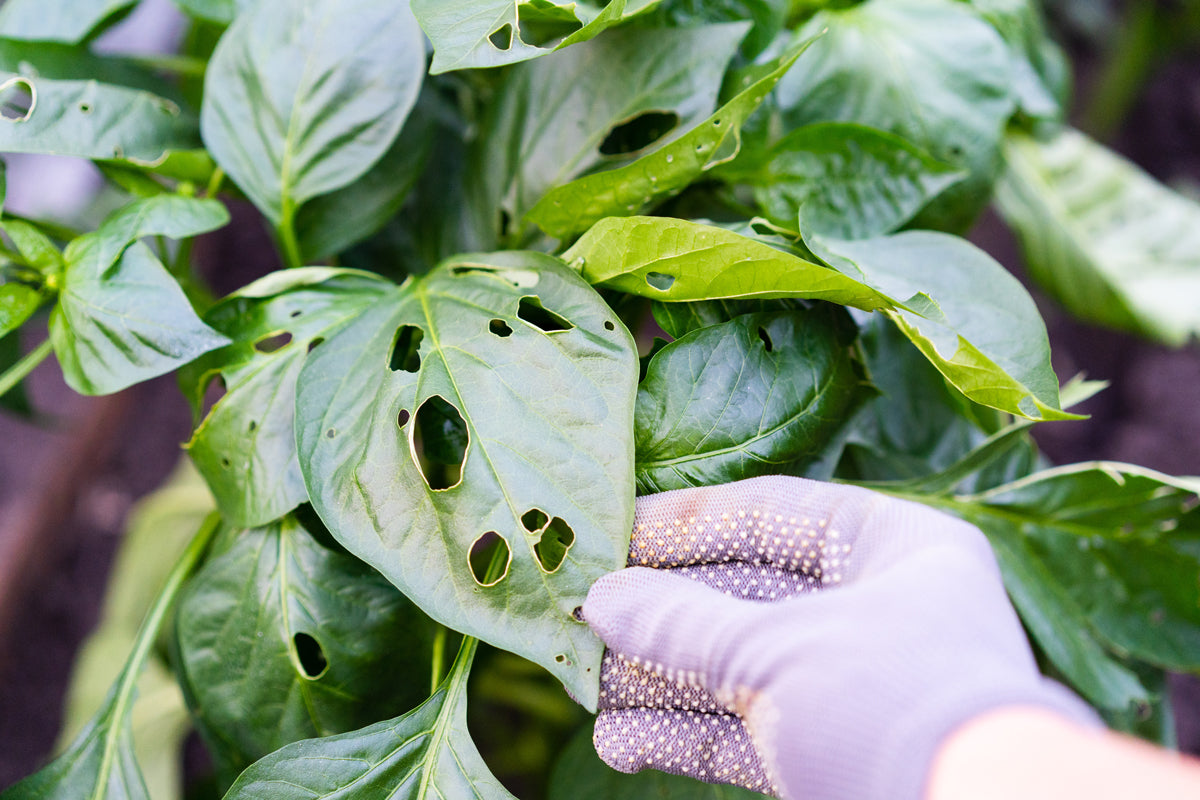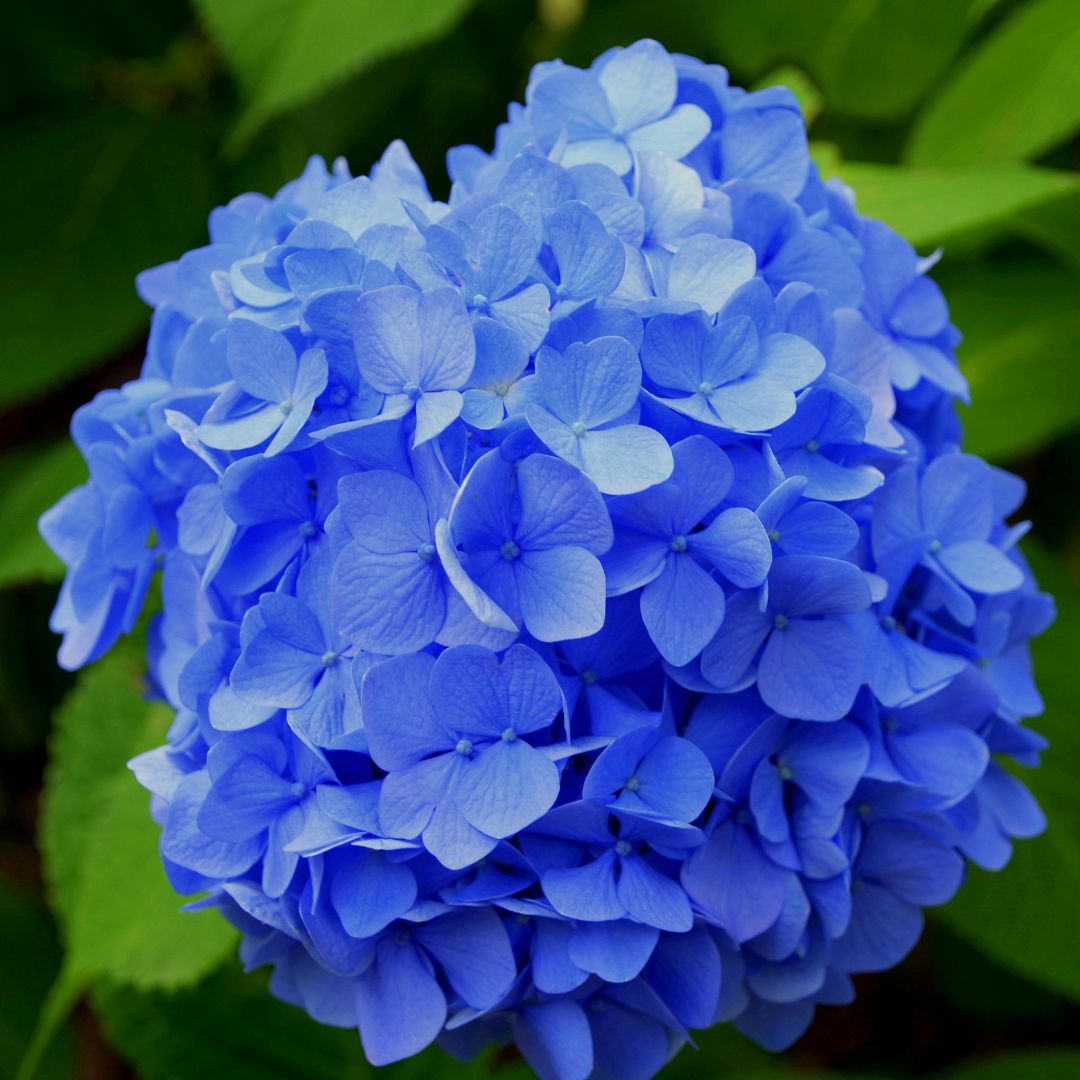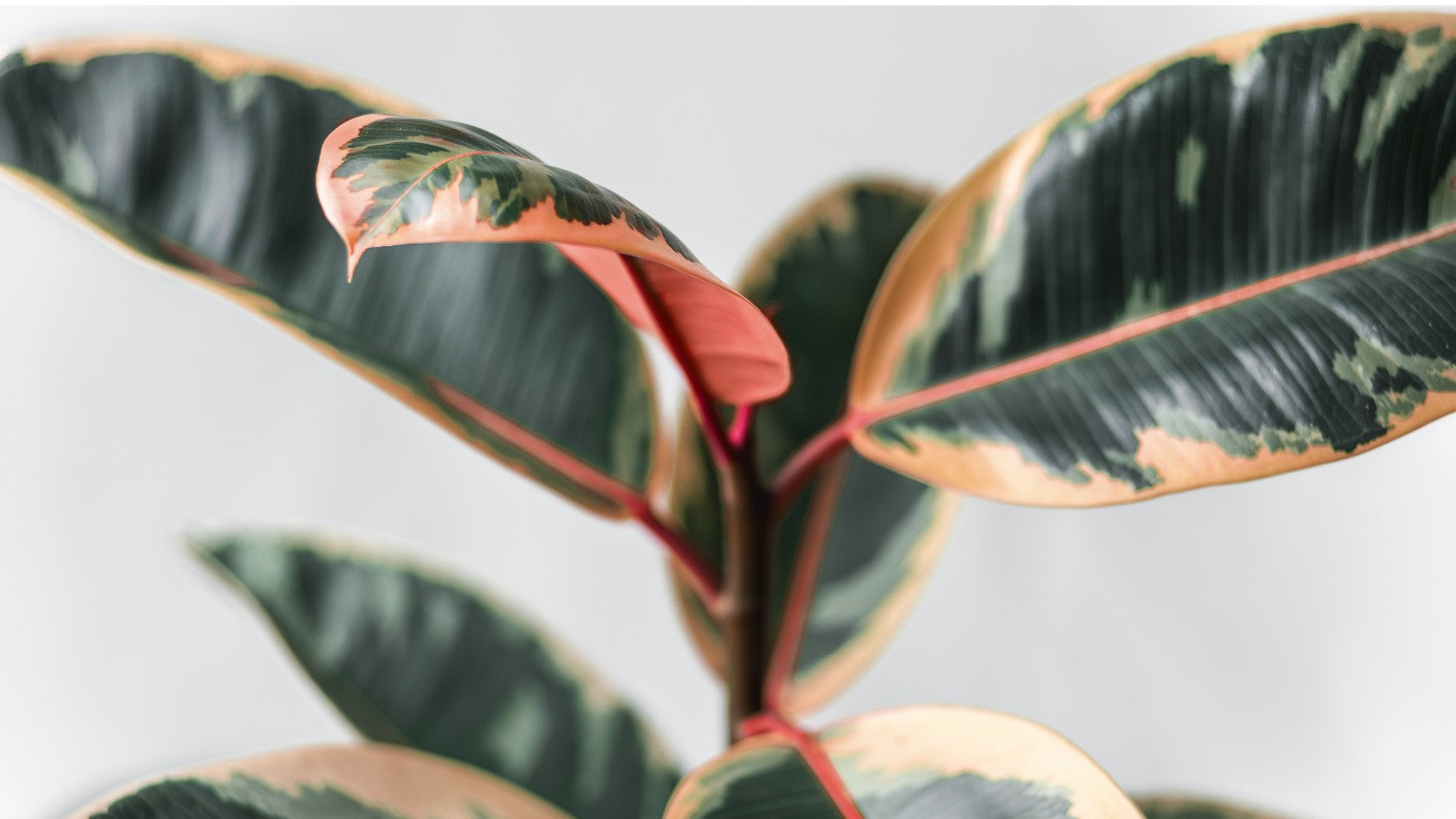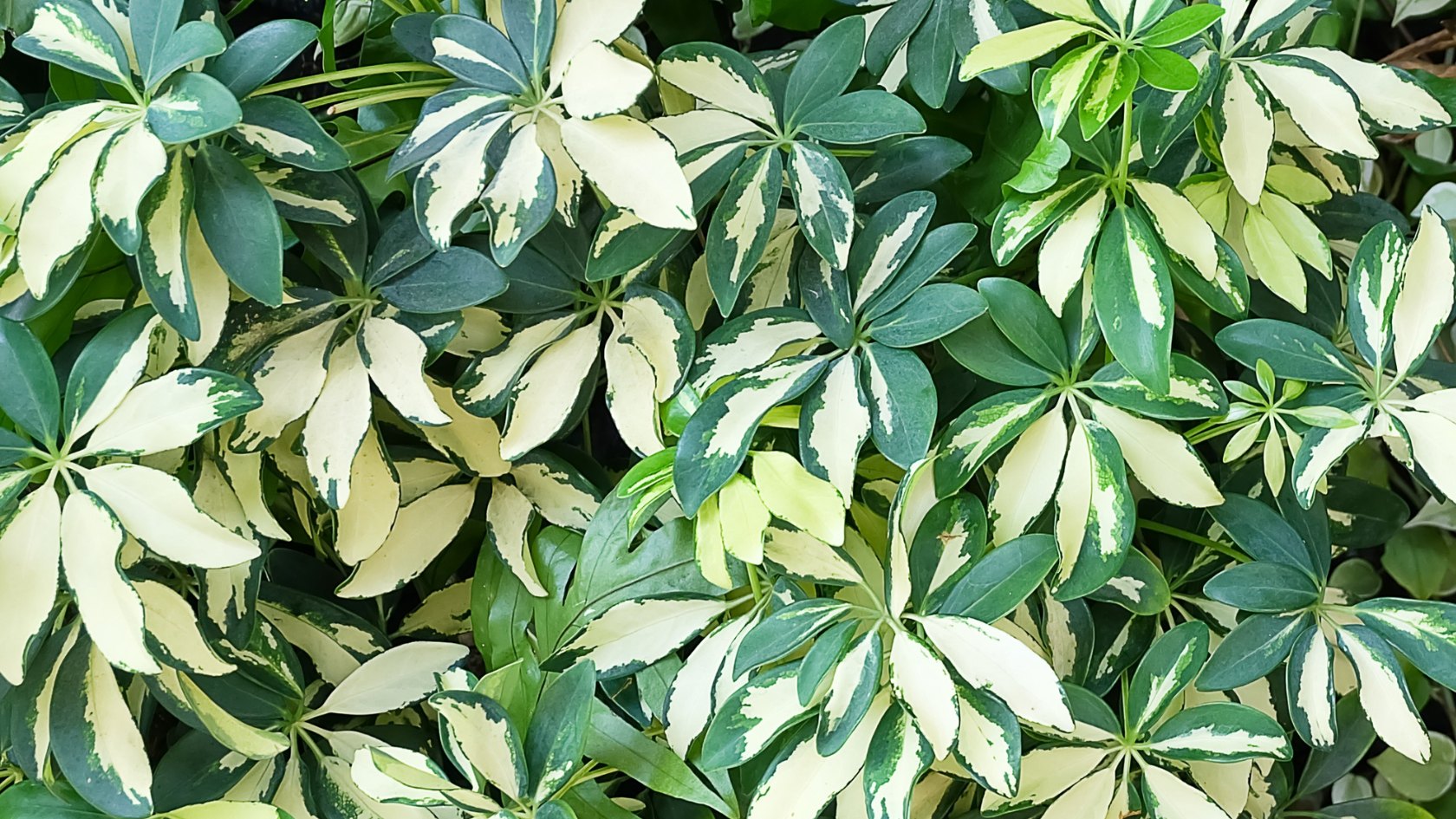Maintaining a healthy and vibrant garden requires effective pest and disease control. However, it doesn't have to be a daunting task. Let’s try to prevent damage to your plants and keep your garden healthy and thriving. By following some simple tips you can keep your garden free from pests and diseases.
- Choose healthy plants: Purchase disease-resistant varieties when possible.
- Prepare the soil: Ensure proper drainage and amend the soil with organic matter to promote strong plant growth.
- Provide adequate spacing: Avoid overcrowding plants, as it can lead to increased humidity and create a favorable environment for pests and diseases.
- Cleanliness is key: Remove dead leaves, fallen fruits, and other garden debris regularly to eliminate hiding places for pests and prevent disease spread.
- Weed control: Remove weeds promptly, as they can harbor pests and compete for resources with your plants.
- Sanitize your tools: Clean gardening tools after each use to prevent the transfer of pests and diseases between plants.
- Attract beneficial insects: Plant flowers that attract beneficial insects, such as ladybugs, lacewings, and hoverflies, which feed on garden pests.
- Install insect hotels: Create sheltered areas in your garden to provide homes for beneficial insects, encouraging their presence and activity.
- Companion planting: Choose companion plants that naturally repel pests or attract beneficial insects. For example, marigolds repel aphids, and dill attracts predatory wasps that feed on caterpillars.
- Homemade insecticidal soaps: Create a solution using mild liquid soap and water to spray on pests like aphids and mites. Test the solution on a small area first to ensure it doesn't harm your plants.
- Neem oil: Use neem oil, a natural insecticide derived from the neem tree, to control a wide range of garden pests. Follow the instructions on the product label for proper usage.
- Water properly: Avoid overhead watering, as it can promote fungal diseases. Instead, water at the base of plants in the morning to allow foliage to dry during the day.
- Crop rotation: Rotate your crops each season to prevent the buildup of disease pathogens in the soil.
- Mulch application: Apply organic mulch around plants to regulate soil moisture, prevent weed growth, and reduce the splashing of soil-borne diseases.
- Regular inspection: Monitor your garden frequently to detect pest infestations or disease symptoms at their earliest stages.
- Know your pests: Learn to identify common garden pests and the damage they cause to take appropriate action promptly.
- Seek expert advice: If you're unsure about the nature of a pest or disease problem, consult local garden centers or extension services for guidance.
By implementing these tips, you can take control of pests and diseases in your garden and enjoy a flourishing oasis of green. Remember, prevention and early intervention are key. Regular care, good garden hygiene, and natural pest control methods will help you maintain a healthy garden ecosystem.
Happy gardening!


